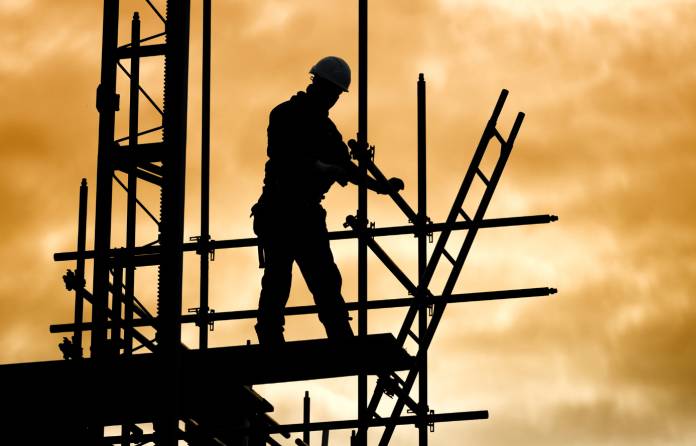The worrying development has prompted the Construction Industry Coronavirus Forum (CICV), which was created in March, to produce signage for workers to put up to demonstrate that they are performing an essential service, as well as compiling a list of works that are allowed to be carried out.
The CICV’s members have reported an increasing number of tradespeople being verbally abused and harassed by the public during vital projects.
This is not a paywall. Registration allows us to enhance your experience across Construction Management and ensure we deliver you quality editorial content.
Registering also means you can manage your own CPDs, comments, newsletter sign-ups and privacy settings.
One contractor said: “On one commercial job, our engineers were subjected to a barrage of abuse by residents and staff. Our guys were upset and didn’t want to be there, so in the end, the local authority had to put up posters explaining that we were carrying out essential work. It was the only way our engineers could be left alone to do the work.
‘No excuse’
“Not all essential obvious work is obvious to the public, but that is no excuse for the behaviour that some of us in the construction industry are having to put up with.”
The CICV said it hoped its checklist of projects, to help the public understand the range of work classified as “essential”.
The checklist includes:
- Removal of elements in danger of collapse, e.g. cladding
- Repair and construction of critical road and utility infrastructure
- Emergency call-out services, e.g. electrical, plumbing, glazing and roofing
- Making inhabited buildings safe and watertight, e.g. after storm damage
- Domestic repairs to ensure occupants’ safety and wellbeing, e.g. the elderly
- Repair and maintenance of essential buildings, e.g. fire and police stations
- Safe operation of faulty heating and water systems
- Essential inspections to prevent health outbreaks, e.g. legionnaires
- Supply of materials for these and other essential covid-19 projects.
Meanwhile free signage designed to be printed out and inserted in van windows and properties reads: “Key Worker: Carrying Out Essential Construction Work.”
John McKinney, secretary of Forum members the Chartered Institute of Builders, the National Federation of Roofing Contractors, the Stone Federation and the Scottish Contractors Group said: “Essential construction work is not confined to building a major hospital for covid-19, but we know that people might not be aware of this.
‘Essential works’
“There are dozens of other construction works that are classed as essential to keep the fabric of Scotland intact. At the very least, homes need to be watertight and safe both inside and out for people to be able to live in them. That’s why the construction industry is working hard across Scotland to ensure people can stay at home during these times to protect the NHS.
“Greater understanding is needed among the public to understand that the key workers carrying out such work aren’t flouting the rules – they are performing essential tasks and should be allowed to do so without fear of abuse.”
Kevin Stewart, minister for local government, housing and planning, said such measures were essential to provide clarity and reduce tension between the wider public and workers.
He said: “The general public may not be aware of the full range of projects that constitute ‘essential work’, but these are workers who are performing a vital role safely and responsibly.
“At a time when the Scottish government is asking people to remain in their homes it is even more important that these homes are watertight, safe and have essential working facilities, such as water, gas and electricity.
“Builders and plumbers’ merchants are also needed to provide supplies for essential repair and maintenance, such as heating and hot water breakdowns, roofing repairs, and electrical and fire safety.”
“It is important that the public understand that there is still a need for essential works to be carried out in these challenging times and industry professionals should be able to complete repairs in safety, without fear of criticism and rebuke.”











